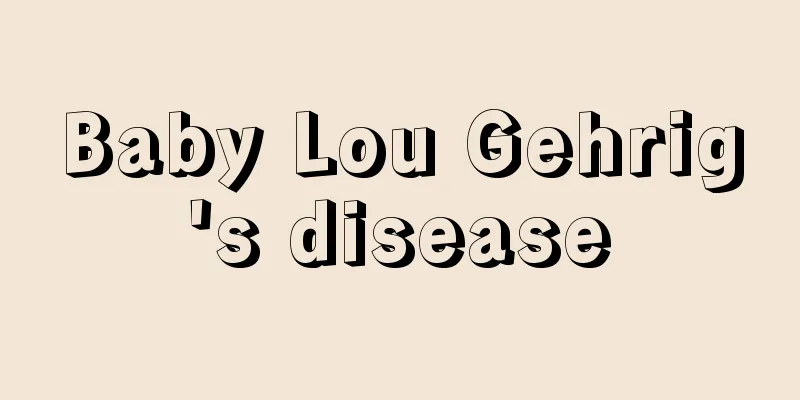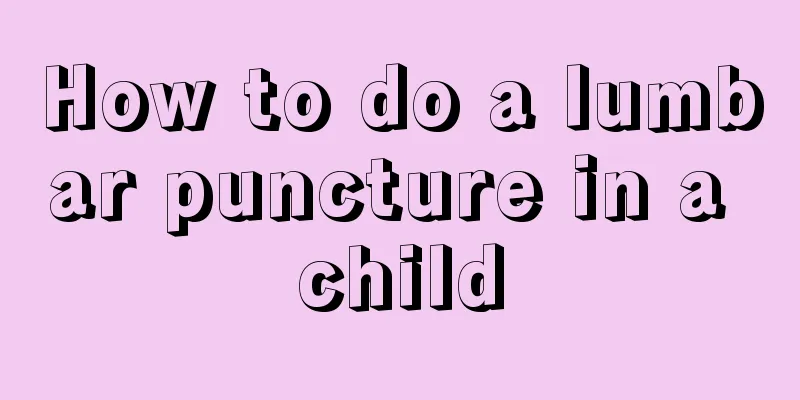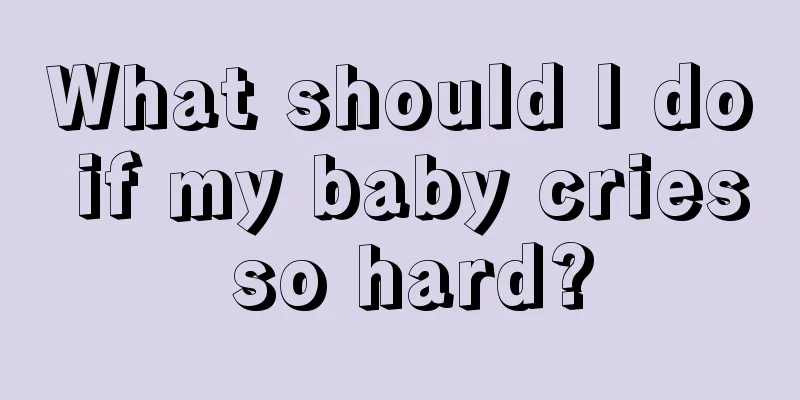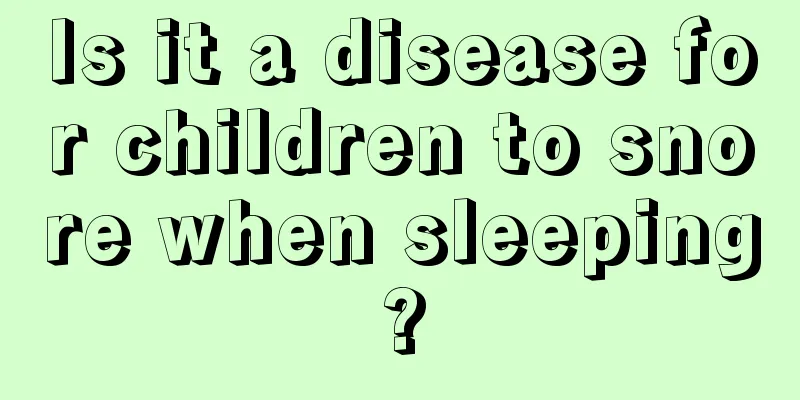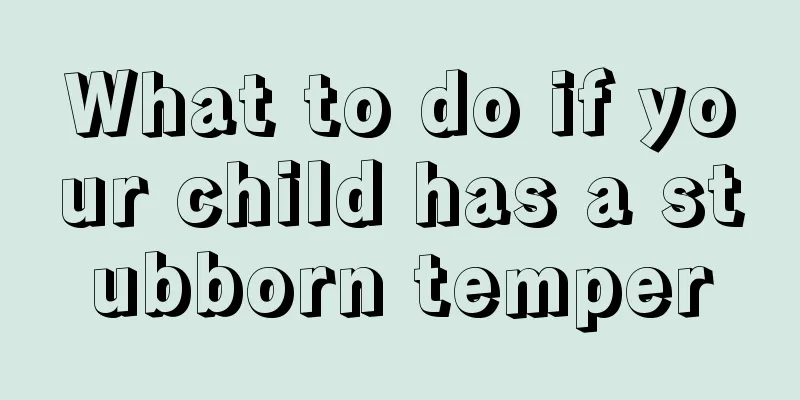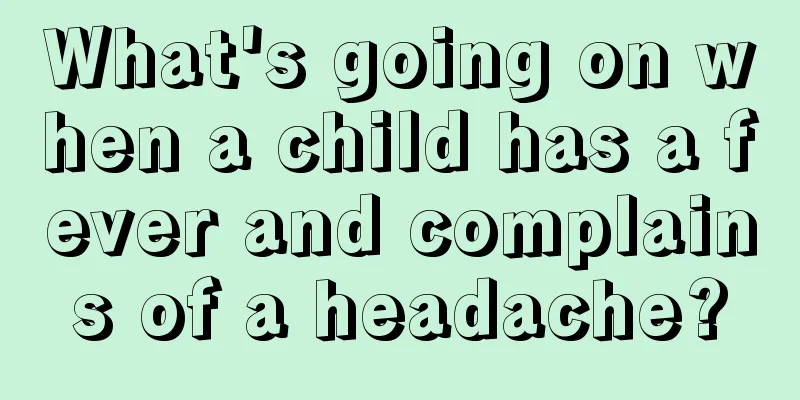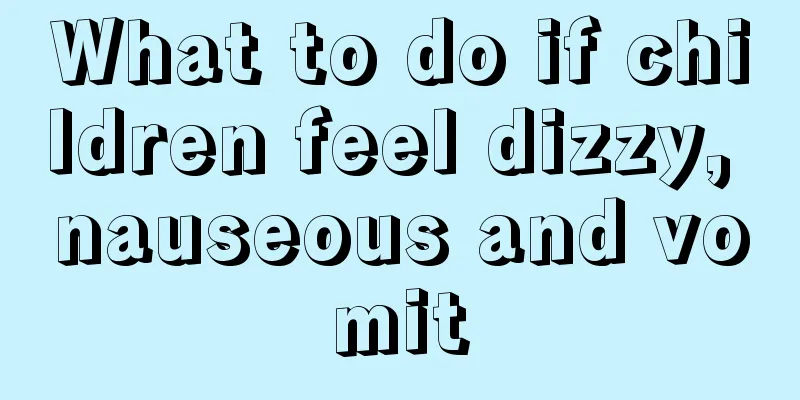Causes and treatments of fever and cramps in children
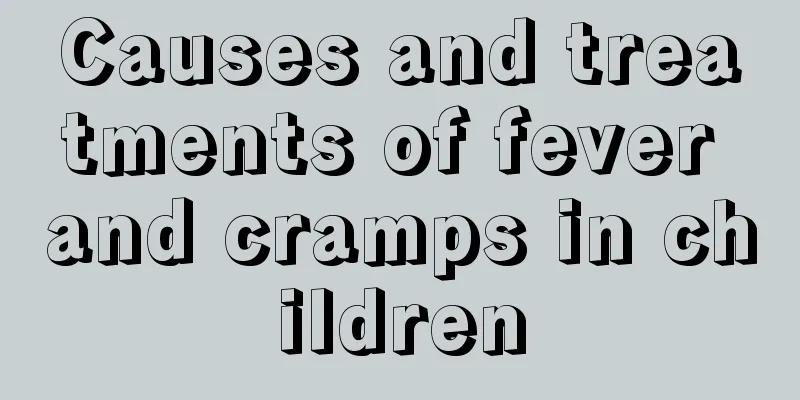
|
Many babies will experience convulsions when they have a fever. The causes and treatments of convulsions in babies are issues that many parents are particularly concerned about. Because once the baby shows this phenomenon, it will inevitably cause other diseases and it will be a very serious situation. Therefore, parents need to understand the causes and treatments of fever and convulsions in young children. Let’s take a look at the causes and treatments of fever and convulsions in young children. What are the causes and treatments for fever and convulsions in young children? Febrile seizures are caused by a sudden rise in body temperature and are common in children aged six months to five years, especially those aged two years. About 4% of children experience febrile convulsions, and this disease is likely to run in families. Causes A febrile seizure can be caused by any illness that causes a high body temperature, such as an ear infection, urinary tract infection, or sore throat. Anyone exposed to sufficiently high temperatures can suffer a seizure, primarily due to abnormal brain activity. Children's brains are more sensitive to abnormal changes in body temperature. Fever can cause abnormal brain activity and cause systemic convulsions. A febrile seizure may last for several minutes, and the symptoms are similar to those of other types of seizures: loss of consciousness, violent twitching of the limbs, and drowsiness after regaining consciousness. When to see a doctor You should take your child to see a doctor the first time he or she has a febrile seizure. The first seizure is important for the correct diagnosis of the disease. The doctor will most likely want your child to be admitted to the hospital for a more complete evaluation. What you can do •The first time your child has a seizure, take him to the doctor right away. • Lay your child flat on the ground, away from hard objects and sharp objects. •Tilt your child's head to one side so that dirt can flow out of the mouth rather than being inhaled. •Cool your child down. If possible, remove all of his clothes or cool him down with a warm towel. Never leave your child near a stove or heater as this may perpetuate the seizure. •Don’t let your child chew anything in his or her mouth, as this can damage their teeth and do more harm than good. • Even if this is not your child's first seizure, see a doctor if it lasts more than 10 minutes. •After the seizure ends, discuss the cause with your doctor and consult on treatment options for future episodes. treat If the seizure lasts more than 15 minutes, the doctor will give the child anticonvulsant drugs, the most commonly used of which is diazepam, which is inserted into the body through the anus. The above content is about the causes and treatments of fever and convulsions in young children. I believe that parents and friends have already mastered and understood it. If you find that your baby has the above conditions in the future, you can provide targeted and timely treatment. But we know that each baby's physical health condition is different, and the treatment methods adopted are also different. The above methods are for parents’ reference only. |
<<: What to do if a child has a fever or diarrhea
>>: What to do if your child has a fever and headache
Recommend
What to do if your seven-month-old baby has a lot of eye mucus
We all know that if a person has no eye problems,...
What to do if your baby has a fever and sweats
Many babies sweat a lot when they have a fever, w...
Symptoms of rickets in children
For a mother, the biggest disaster she can think ...
Can the baby's full-month vaccination be postponed?
Vaccines are a very common thing in people’s dail...
What are the dangers of having too long foreskin in children?
If a man has an excessively long foreskin, the ha...
One-year-old baby allergic cough
Allergic cough is a type of cough. This condition...
The baby ate the shell of cod liver oil
Many babies eat cod liver oil when they laugh, bu...
What foods should children eat less? Eat less of these 7 foods
Parents need to pay attention to their baby's...
Red bumps on baby's body like mosquito bites
In daily life, we may find that red bumps suddenl...
Reasons for newborns to breathe heavily when sleeping
Many newborns breathe heavily when they sleep. If...
What should I do if my child has ear pain in the middle of the night?
Because children are in the stage of growth and d...
What are the disadvantages of losing your temper with your children?
Everyone has his or her own personality, and no o...
How to treat sinusitis in a three-year-old baby
Three-year-old babies are at high risk of disease...
How to treat bedwetting in children? These remedies are effective
Many parents think that it is normal for children...
What should I do if my newborn baby has bloodshot eyes?
Having bloodshot eyes is a very common phenomenon...
